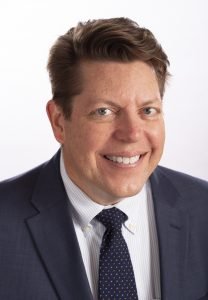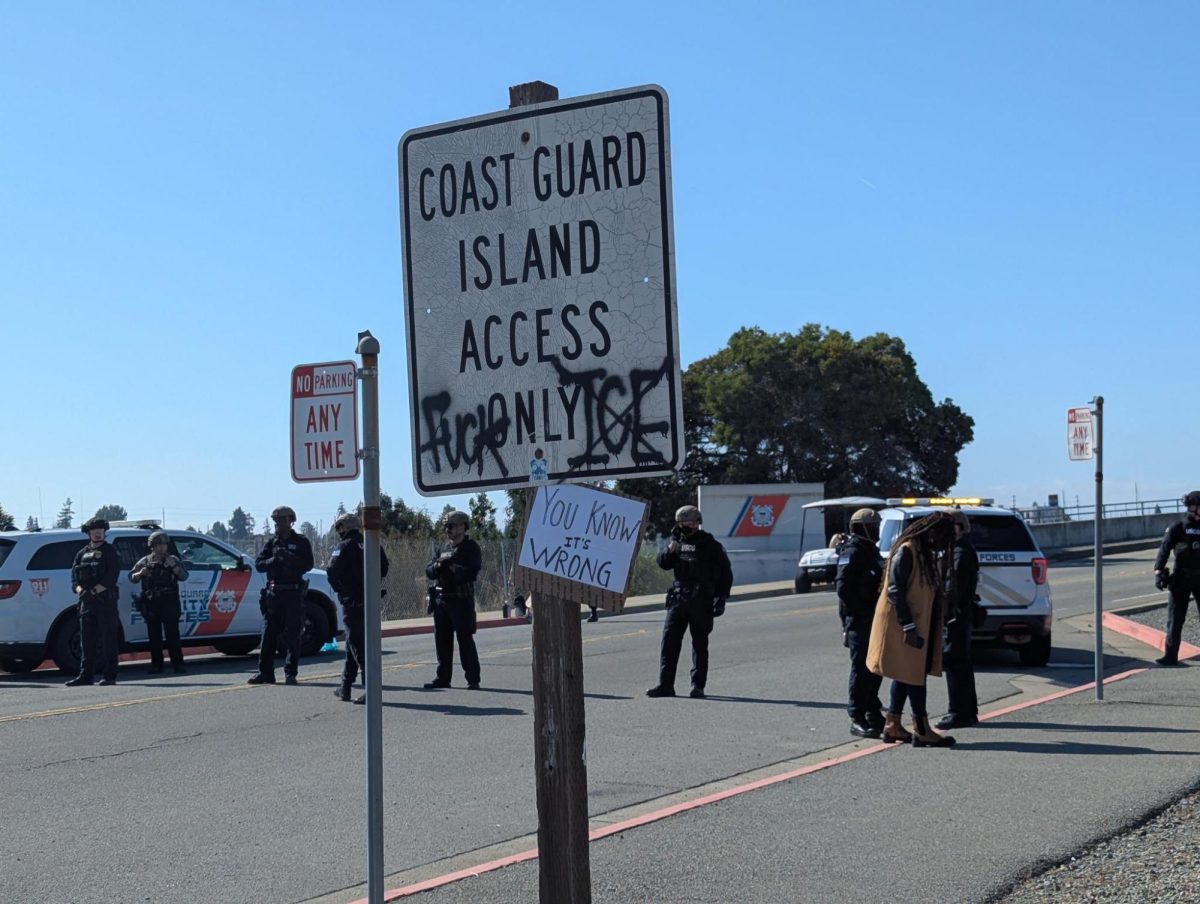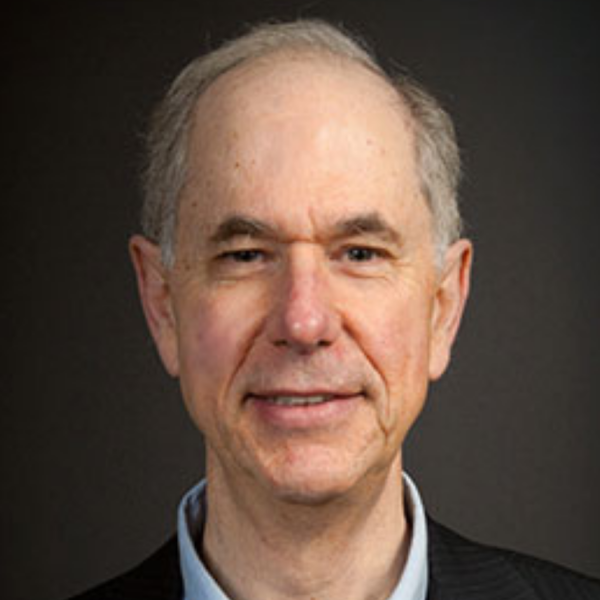
With only a few weeks remaining on the Peralta district’s contract with the Alameda County Sheriff’s Office (ACSO) and growing concern over the delay in approving a new security plan, Mark Johnson, Peralta’s Executive Director, Department of Marketing, Communication & Public Relations, issued an announcement on December 11 saying the district is “in the process of hiring” three new security firms to replace ACSO although contracts with those firms have not yet been approved.

Under the plan proposed by former Vice Chancellor of General Services Leigh Sata on October 27, Community Ready Corps (CRC) will serve Laney College, Zulu Community Protection will cover Merritt and College of Alameda, and A-1 Protective Services (an incumbent vendor) will continue providing protection for Berkeley City College. Dispatch services and coverage of the district administrative center will be handled by Marina Security Services.
Julina Bonilla, president of the Peralta Board of Trustees, called the move “a new and exciting step for Peralta as we take the lead in rethinking what it means to provide a safe environment for our students, faculty and staff in a non-oppressive and community-oriented manner. We have shifted resources away from armed Alameda County sheriffs and we are committed to working with local small firms of color from our community.”
Contracts with these new vendors still require approval by the board. The board has a special meeting planned on Monday, December 14, at which they will be considered. Assuming the contracts are approved at that meeting, the new security companies will have just two weeks over the holidays to work with the district and ACSO to ensure a smooth transition.
Johnson’s announcement indicated the cost of the new security plan will be “in the range of the terminated sheriff’s contract, which is around $3.8 million a year.” According to the contracts posted with the agenda for the December 14 board meeting, the total annual cost will be $6,212,175, or 63 percent more than the district currently pays ACSO.
In a follow-up email to The Citizen after the contracts were released, Johnson conceded “the new services will cost a little more than the ACSO contract” but pointed out that the district “also gets more service in return.” As an example, he observed that “ACSO service ended at 11 pm on weeknights and did not cover weekends.” By contrast, Johnson said the new contracts “will provide the District with 24×7 coverage and will result in more individuals patrolling the campuses at any given time than ACSO provided.”
Johnson’s announcement made no mention of whether mental health services, seen as a critical component by the plan’s proponents, will be included. Amy Marshall, director of facilities and college operations and co-chair of the Laney Health, Safety and Security Committee, said she was informed by Acting Vice Chancellor of General Services Altheria Smith that mental health services will not be included.

The process was set in motion when, in the wake of George Floyd’s killing and the rise of the Black Lives Movement, the board voted on June 23 to end its long-standing contract with the ACSO. The district questioned the impact of traditional police officers on campus and decided to explore “community-based” approaches that “value the humanity of all members and ensure agency and safe spaces for everyone,” in the words of then-Chancellor Regina Stanback Stroud.
A group of concerned Peralta students, faculty, and classified professionals formed a group called Black Minds Matter earlier this year to provide input to the district on the new security plan. Kimberly King, Laney psychology professor and leader of the Black Minds Matter group, sees the transition from ACSO as “a great opportunity to build on the momentum of the movement and actually have a real effect on the student’s lives, both in terms of reducing police presence and the trauma related to that.”
Sata sent requests for proposal (RFP) to a number of potential security vendors. According to the RFP, which was due on June 23, these companies should have personnel trained in restorative justice and de-escalation techniques, and understand communities that have “experienced the dehumanizing effects of institutional racism, oppression and willful neglect.” The district subsequently reissued the RFP with a new due date of August 26.
This led to Sata’s October 27 recommendation to use multiple security vendors. Shortly thereafter, Sata announced his departure from the district. His last day was November 9. He was replaced by Smith.
Further complicating the situation is an ongoing search by the district for a new director of public safety to help implement and manage the new security plan. According to the job description, the selected candidate will “oversee a non-lethal, non-traditional, mental health-oriented security ecosystem that proactively responds to challenges before traditional policing services are activated.” The salary range for the position is $126,816 – $149,874. According to the listing, the first review of applicants will not take place until January 5, or 4 days after the new security plan is scheduled to go into effect.
The Peralta community remains somewhat divided on this initiative, as illustrated by public comments at the board meeting on December 8.
Classified Senate President Terrence Fisher spoke on behalf of concerns originating from the Merritt College classified senate. He expressed reservations about the new security plan. “Many classified have expressed safety concerns as there have been incidents over the years, which have required Peralta police presence,” he explained.

Fisher cited several examples including an assault on an employee, building break-ins, and a shooting in a Merritt parking lot. He reminded the trustees that the Merritt campus is “secluded and remote in the Oakland hills” representing a higher safety risk for students, faculty, and administrators, particularly during the evening hours. Fisher stated that the proposals he has seen from the new security vendors don’t “cover all the services the ACSO provided” and encouraged the trustees not to “ignore the problem.”
Associated Students of Laney College president Alycia Raya provided a different perspective, encouraging the trustees to move forward with the “community-based” security firms as an example of “bold, innovative action that is in solidarity with your Black, Indigenous and other historically minoritized and subjected students.” Raya told the trustees that she and her fellow Laney student council members are “waiting to be reassured that you’ll keep your word and support.”

The Laney Health, Safety and Security Committee, co-chaired by political science instructor Felipe Wilson and Marshall, sent a long list of questions and concerns to Smith on December 2 regarding the plan and how it would be implemented.
Included were concerns about the lack of communication with faculty and staff, whether mental health services will be included, the experience of the new vendors (particularly CRC) with community policing in a college setting, the cost of the new program, responsibility for monitoring parking lots and issuing tickets, enforcement of restraining orders and adherence to Clery Act reporting.
Beyond advising the committee that mental health services will not be provided under the new plan, the district has not yet responded to the other questions.
Proper licensing for the new vendors could also be an issue. According to the California Bureau of Security and Investigative Services (BSIS), the government agency that regulates the security industry, a business that employs security guards “must hold a Private Patrol Operator (PPO) license.” A1 Protective Services and Marina Security Services feature their PPO license numbers on their websites. The Zulu Protective Services site claims the company has a PPO license but does not provide the number. Community Ready Corps does not mention a PPO license on its site. The district contracts with Marina and Zulu specifically mention the requirement for a PPO license while the contract with CRC does not.
Both the district and ACSO show little interest in an extension of the existing contract, even on a short-term basis. Johnson wrote in an email to The Citizen that “no short term extension with ACSO is planned.”
That feeling seems to be mutual based on email correspondence between The Citizen and Sgt. Ray Kelly, the ACSO Public Information Officer. “ACSO served students and faculty honorably for decades and made great impacts to campus safety,” Kelly wrote. “Your campus will be less safe, more dangerous and you’ll be asking us to come back someday. Terrible mistake by your elected leaders. A very bad decision.”
This story has been updated with corrected cost information for the Zulu Community Protection contract which was confirmed on December 14


























